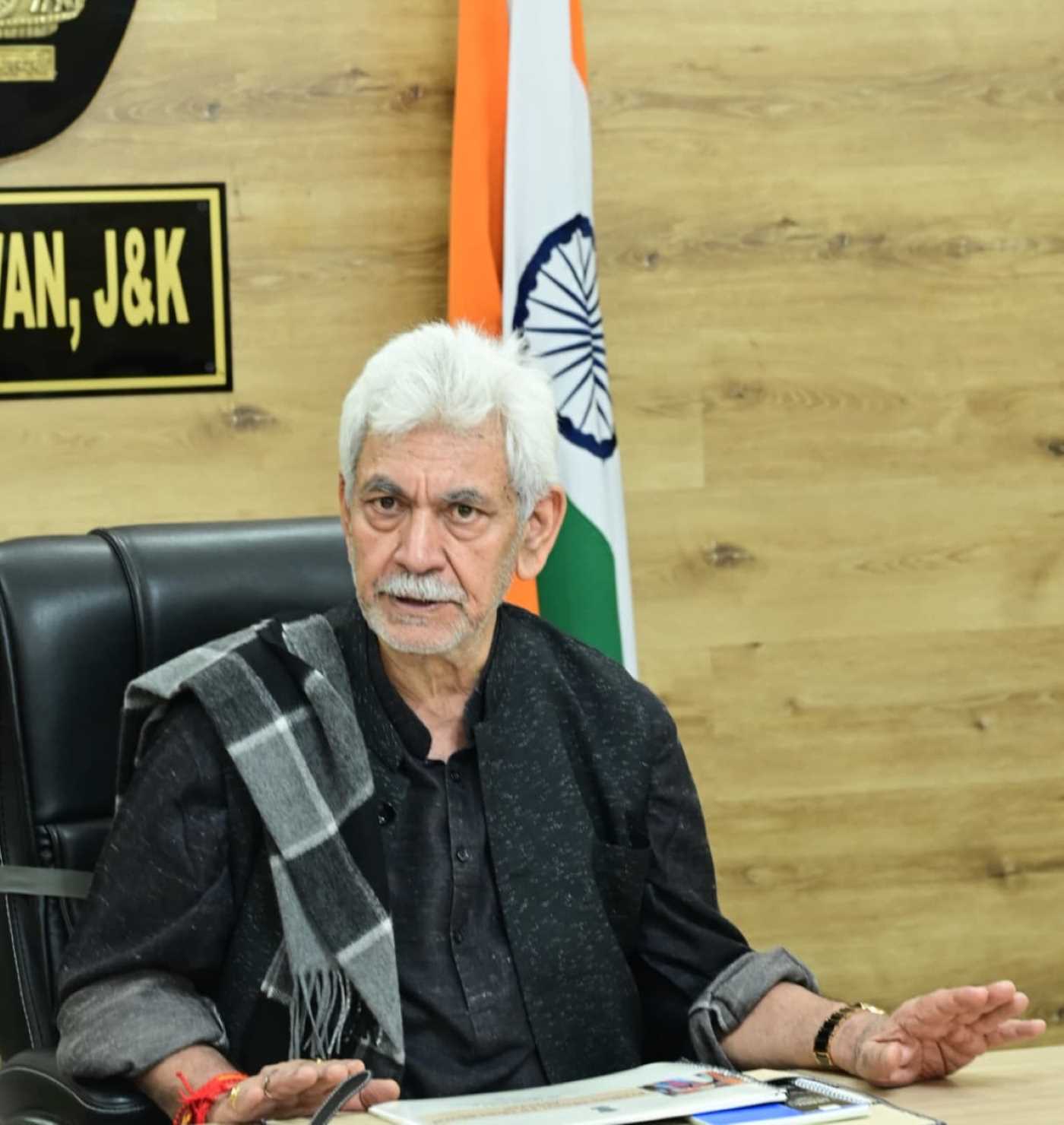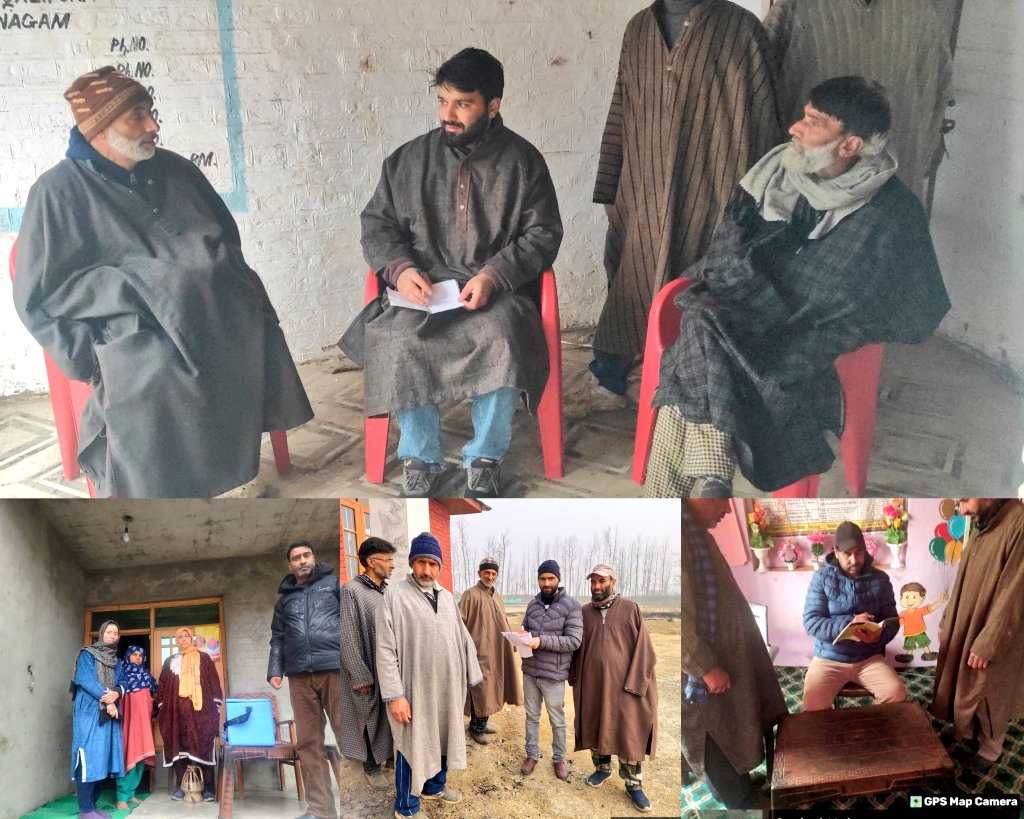The idea that our brain is like giant super computer, orchestrating and determining everything we do, has gained its ground. Brain by far is most complex human organ which exerts its control on entire body. It is the boss of body who runs the show, a source of consciousness and intellect and a controller of basic autonomic body functions like breathing, digestion etc that happen automatically. Just like computers, human brain can also undergo wear and tear, disruption, degradation and degeneration of basic functional units which is a cause of vast number of mental disorders like Alzheimer’s disease, schizophrenia, depression, anxiety etc. Amongst these disorders, depression is the front runner and is the most common disorder affecting more than 300 million people worldwide. The burden of depression and other mental health conditions is on the rise globally. A World Health Assembly resolution passed in May 2013 has called for a comprehensive, coordinated response to mental disorders at the country level.
Depression is a mood disorder that causes a persistent feeling of sadness and loss of interest. Also called major depressive disorder or clinical depression, it affects how you feel, think and behave and can lead to a variety of emotional and physical problems. You may have trouble doing normal day-to-day activities, and sometimes you may feel as if life isn't worth living. More than just a bout of the blues, depression isn't a weakness and you can't simply "snap out" of it. Depression may require long-term treatment. But don't get discouraged. Most people with depression feel better with medication, psychotherapy or both.The symptoms of depression include:
Feelings of sadness, tearfulness, emptiness or hopelessness.
Angry outbursts, irritability or frustration, even over small matters.
Loss of interest or pleasure in most or all normal activities, such as sex, hobbies or sports
Sleep disturbances, including insomnia or sleeping too much.
Tiredness and lack of energy, so even small tasks take extra effort.
Reduced appetite and weight loss or increased cravings for food and weight gain.
Anxiety, agitation or restlessness.
Slowed thinking, speaking or body movements.
Feelings of worthlessness or guilt, fixating on past failures or self-blame.
Trouble thinking, concentrating, making decisions and remembering things.
Frequent or recurrent thoughts of death, suicidal thoughts, suicide attempts or suicide.
Unexplained physical problems, such as back pain or headaches.
In younger children, symptoms of depression may include sadness, irritability, clinginess, worry, aches and pains, refusing to go to school, or being underweight.
In teens, symptoms may include sadness, irritability, feeling negative and worthless, anger, poor performance or poor attendance at school, feeling misunderstood and extremely sensitive, using recreational drugs or alcohol, eating or sleeping too much, self-harm, loss of interest in normal activities, and avoidance of social interaction.
For many people with depression, symptoms usually are severe enough to cause noticeable problems in day-to-day activities, such as work, school, social activities or relationships with others. Some people may feel generally miserable or unhappy without really knowing why. If left untreated, depression can cause many complications like excess weight or obesity, which can lead to heart disease and diabetes, pain or physical illness, alcohol or drug misuse, anxiety, panic disorder or social phobia, family conflicts, relationship difficulties, and work or school problems, social isolation, suicidal feelings, suicide attempts or suicide, self-mutilation, such as cutting and premature death from medical conditions etc.
Prevention and treatment:
There's no sure way to prevent depression. However, these strategies may help.
Take steps to control stress, to increase your resilience and boost your self-esteem.
Reach out to family and friends, especially in times of crisis, to help you weather rough spells.
Get treatment at the earliest sign of a problem to help prevent depression from worsening.
Consider getting long-term maintenance treatment to help prevent a relapse of symptoms.
Depression, even the most severe cases, can be treated. The earlier that treatment can begin, the more effective it is. Depression is usually treated with medications, psychotherapy, or a combination of the two. If these treatments do not reduce symptoms, electroconvulsive therapy (ECT) and other brain stimulation therapies may be options to explore. N o two people are affected the same way by depression and there is no "one-size-fits-all" for treatment. It may take some trial and error to find the treatment that works best for you.
Antidepressants are medicines that treat depression. They may help improve the way your brain uses certain chemicals that control mood or stress. You may need to try several different antidepressant medicines before finding the one that improves your symptoms and has manageable side effects. A medication that has helped you or a close family member in the past will often be considered. Antidepressants take time – usually 2 to 4 weeks – to work, and often, symptoms such as sleep, appetite, and concentration problems improve before mood lifts, so it is important to give medication a chance before reaching a conclusion about its effectiveness. If you begin taking antidepressants, do not stop taking them without the help of a doctor. Sometimes people taking antidepressants feel better and then stop taking the medication on their own, and the depression returns. When you and your doctor have decided it is time to stop the medication, usually after a course of 6 to 12 months, the doctor will help you slowly and safely decrease your dose. Stopping them abruptly can cause withdrawal symptoms.
Depression is real and quite contrary to what we are being made to believe it is . According to Halley Cornell “depression lies, it tells you've always felt this way and you always will, but you haven’t and you won’t”. All that is needed for staying afloat is positive attitude and will to change your fate. Here are some tips that may help you or a loved one during treatment for depression:
Try to be active and exercise.
Set realistic goals for yourself.
Try to spend time with other people and confide in a trusted friend or relative.
Try not to isolate yourself, and let others help you.
Expect your mood to improve gradually, not immediately.
Postpone important decisions, such as getting married or divorced, or changing jobs until you feel better. Discuss decisions with others who know you well and have a more objective view of your situation.
Continue to educate yourself about depression.
Email.: faaheemfayaz112@gmail.com







